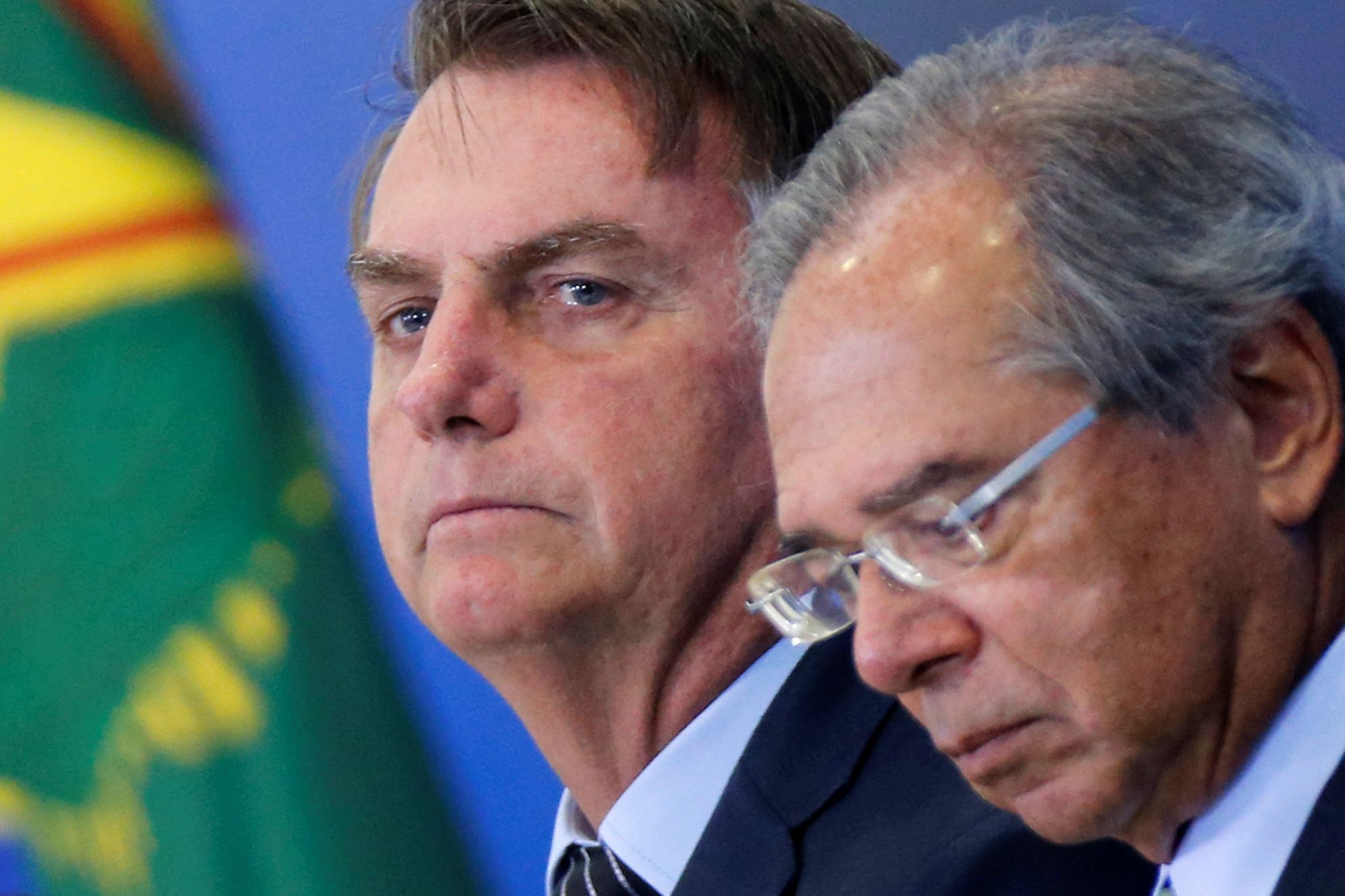News
May 14, 2020
120: Brazil is facing its biggest economic crash in 120 years, according to a new government forecast. A combination of coronavirus lockdowns and evaporating exports will shave 4.7 percent from its GDP, the largest drop since records began in 1900.
23,000: Despite COVID-19 related border closures, the West African nation of Niger last month allowed in 23,000 people fleeing escalating violence next door in northwestern Nigeria, according to the UN. Months of killings and kidnappings by militants, criminals, and the jihadists of Boko Haram have driven a total of 60,000 people across the border.
71: Remember the US-China trade war? With the coronavirus crisis paralyzing the US economy, a new poll shows 71 percent of Americans say they are "concerned" about American tariffs on Chinese goods, which make China's exports more expensive to buy in the US. That's the highest mark on record.
27: The coronavirus could widen the gender pay gap in Germany, as 27 percent of women report reducing their working hours to look after children as a result of school closures, against just 16 percent of men who have done so. Germany already has one of the highest pay disparities between men and women in Europe.
More For You
2026 is a tipping point year. The biggest source of global instability won’t be China, Russia, Iran, or the ~60 conflicts burning across the planet – the most since World War II. It will be the United States.
Most Popular
Sponsored posts
Surgery’s robotic shift
What's Good Wednesdays
What’s Good Wednesdays™, January 7, 2026
Supporters of the UAE-backed separatist Southern Transitional Council (STC) wave flags of the United Arab Emirates and of the STC, during a rally in Aden, Yemen, on December 30, 2025.
REUTERS/Fawaz Salman
The UAE and Saudi Arabia were once on the same side in Yemen, but no longer. The split has exposed a larger regional rift between the two oil-rich, Gulf powers.
Walmart’s $350 billion commitment to American manufacturing means two-thirds of the products we buy come straight from our backyard to yours. From New Jersey hot sauce to grills made in Tennessee, Walmart is stocking the shelves with products rooted in local communities. The impact? Over 750,000 American jobs - putting more people to work and keeping communities strong. Learn more here.
- YouTube
Is Venezuela entering a real transition or just a more volatile phase of strongman politics? In GZERO’s 2026 Top Risks livestream, Risa Grais-Targow, Director for Latin America at Eurasia Group, examines Delcy Rodríguez’s role as Venezuela's interim president after Nicolás Maduro.
© 2025 GZERO Media. All Rights Reserved | A Eurasia Group media company.
